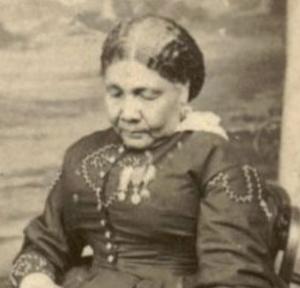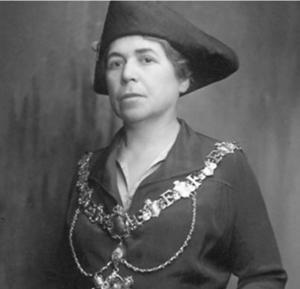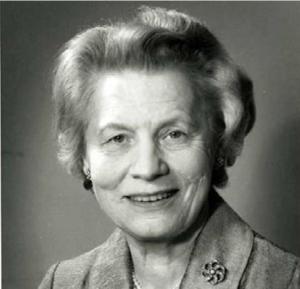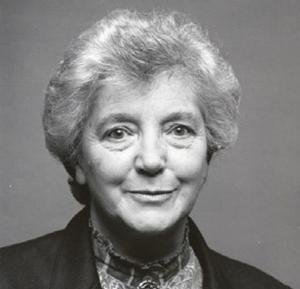
Mary Seacole (1805-1881)
Nurse and businesswoman
Born in Jamaica, Mary Seacole ran a boarding house with her family, and became practised in medicine and nursing.
With the outbreak of the Crimean War in 1853 she offered to travel to the battlefields and use her nursing skills but was rejected. Instead, she travelled there and set up facilities for sick and recovering army officers, including a restaurant and bar. In 1857 she published a memoir, Adventures of Mrs Seacole in Many Lands, detailing her experiences. This has been described as the first autobiography written by a Black woman in Britain. Mary lived in Hammersmith & Fulham for nearly thirty years, from 1853 to her death in 1881.

Alice Gilliatt (1880-1957)
Pharmacist and councillor
Alice Gilliatt was a founding member of the Association of Women Pharmacists, served for many years on the committee of the Guild of Public Pharmacists and was Head Pharmacist at the Western Hospital.
She was elected as a councillor in 1919, in the first London local Government elections in which women could stand, and was also the first woman mayor of the Metropolitan Borough of Fulham. Alice lived in Stevenage Road, Fulham. There is a housing estate named after her in Star Road, West Kensington.

Edith Clara Summerskill (1901-1980)
Labour MP
Edith Clara Summerskill was a Labour politician and writer. She was also one of the first women admitted to medical school. Edith was elected Labour MP for Fulham West in 1938 thanks to the support of working women, and caused upset when she took the seat using her maiden name. She was a feminist, and published books sharing her views. Later, Edith served as a minister in Clement Attlee's government and promoted women's causes in and outside parliament. In 1961, she joined the House of Lords as Baroness Summerskill.

Winifred Watkins (1924-2003)
British biochemist and academic
Winifred was educated in Hammersmith & Fulham where she developed her love of science, although her education was disrupted by World War II. She was awarded her degree in 1947, and then a PhD in biochemistry only three years later.
Her work focused on the science of blood and blood groups, and she held roles at different universities, as well as in the haematology department at Hammersmith Hospital. Winifred was awarded a number of prizes for her work, as well as being elected as a Fellow of the Royal Society in 1969.